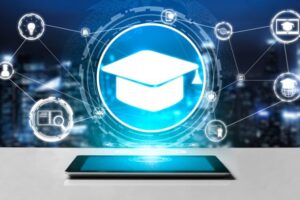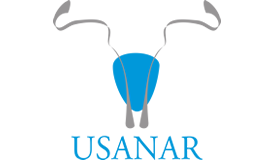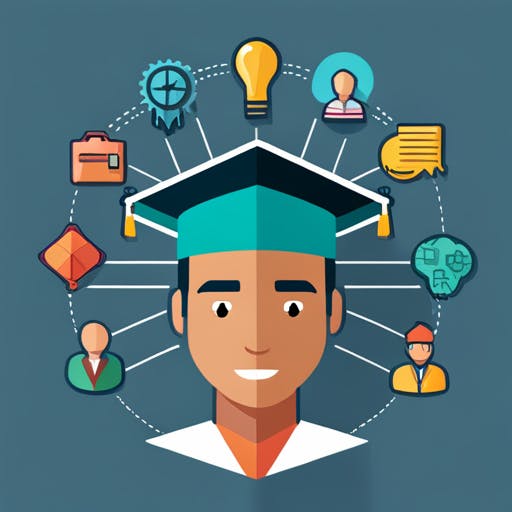In a rapidly evolving world, where information is at our fingertips and technological advancements continue to reshape our lives, the traditional approach to education is undergoing a transformation. Gone are the days of rote memorization and one-size-fits-all pedagogies. Today, we find ourselves at the threshold of a new era in learning, one that embraces innovative methods, fosters critical thinking, and strives for the holistic development of individuals.

At the heart of this educational revolution lies the recognition that learning is not confined to the walls of a classroom or the span of our formal education. Lifelong learning has emerged as a powerful concept, empowering individuals to pursue knowledge beyond their academic years. It encourages them to remain curious, open-minded, and adaptable, thereby enabling personal growth and professional success.
One standout teaching method that embodies this philosophy is project-based learning. Instead of passively absorbing information, students actively engage in real-world projects that require critical thinking, problem-solving, and collaboration. By immersing themselves in practical challenges and actively seeking solutions, students develop a deeper understanding of concepts and acquire valuable skills that transcend disciplinary boundaries.
While the pursuit of knowledge is undoubtedly a commendable endeavor, it is equally important to address the well-being of individuals in the educational realm. Mental health, in particular, has gained significant attention in recent years. Educational institutions are increasingly recognizing the importance of fostering a positive and supportive environment, where students feel safe to discuss their mental health concerns and seek the necessary support.
Innovation has also found its way into the realm of physical health. Recognizing the undeniable link between physical well-being and academic performance, educators are exploring innovative workout regimes that promote physical fitness and cognitive development simultaneously. Whether it’s incorporating yoga and mindfulness practices into the curriculum or providing opportunities for outdoor activities, schools are embracing a holistic approach that nurtures the mind and the body.
Dietary shifts have also caught the spotlight in the realm of modern education. Research indicates that proper nutrition plays a crucial role in cognitive development and academic achievement. Schools are taking steps to ensure that students have access to nutritious meals that fuel their bodies and minds. Moreover, they are integrating nutrition education into the curriculum, equipping students with the knowledge to make informed choices about their diet and overall health.
As we look to the future of education, it is crucial to reflect on the role of institutions in shaping young minds. While technology has undoubtedly transformed the way we learn, the essence of education lies in the interactions between teachers and students. The power of a passionate and dedicated teacher to inspire, mentor, and ignite the love for learning cannot be understated. Therefore, it is imperative that institutions invest in the professional development of teachers, equipping them with the skills and knowledge necessary to navigate the evolving landscape of education.
In conclusion, education is no longer confined to the confines of a classroom or the duration of our formal education. Lifelong learning, project-based methodologies, and a focus on holistic well-being are revolutionizing the way we approach education. By embracing innovative pedagogies, nurturing mental and physical health, and empowering individuals to always seek knowledge, we unlock the true potential within ourselves and pave the way for a brighter future.

